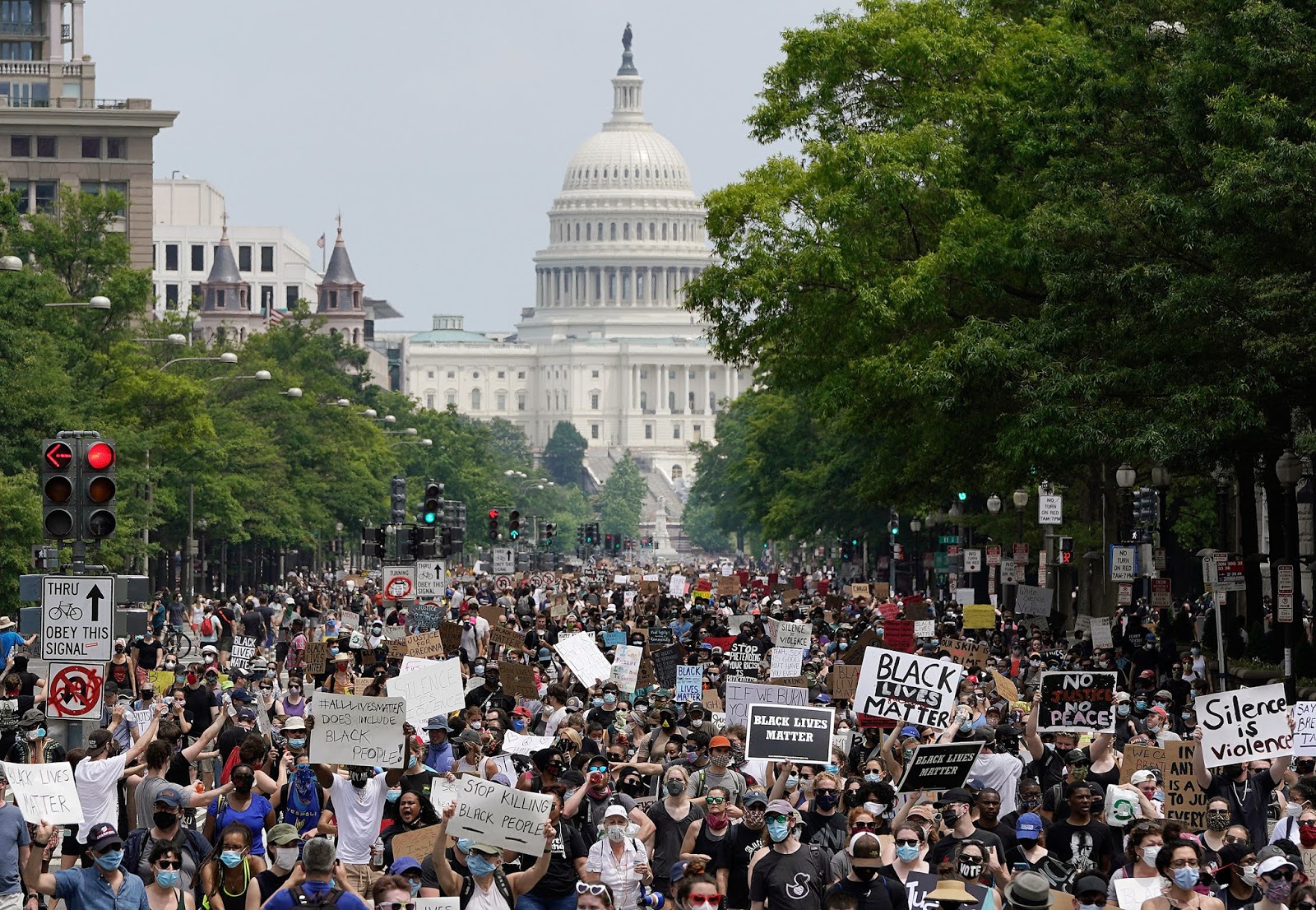In recent years, protests have become a vital expression of public sentiment in Washington, D.C. Today's protest is a significant event that reflects the concerns of various groups and individuals who are eager to voice their opinions on pressing issues. Understanding the dynamics of this protest is crucial for anyone looking to engage with or comprehend the current socio-political landscape. This article will delve into the details surrounding the protest, its purpose, and the key players involved.
As citizens gather in the heart of the nation’s capital, it is imperative to highlight the underlying issues that have prompted such a demonstration. The protest today serves not only as a platform for expression but also as a crucial element in the ongoing dialogue about democracy, justice, and equality. We will explore the motivations behind this protest and how it fits into the broader context of activism in America.
This article aims to provide an in-depth analysis of the protest in D.C. today, featuring expert insights, historical context, and practical implications for those interested in activism and civic engagement. Whether you are a participant, an observer, or simply curious about the events unfolding in our nation’s capital, this comprehensive guide will equip you with the knowledge you need.
Table of Contents
- Background of Protests in Washington, D.C.
- Overview of Today's Protest
- Key Issues Addressed
- Participants and Organizers
- Historical Context of Protests in D.C.
- Media Coverage and Public Reaction
- How to Get Involved
- Conclusion
Background of Protests in Washington, D.C.
Washington, D.C. has a rich history of protests that have played a pivotal role in shaping American society. From the civil rights movement to recent climate change demonstrations, D.C. serves as a focal point for activism. Understanding this background provides valuable insights into today's protest.
Historical Significance of Protests
Protests in D.C. have historically been avenues for marginalized voices. Key moments include:
- The March on Washington (1963) advocating for civil rights
- The Women’s March (2017) emphasizing gender equality
- The Black Lives Matter protests (2020) addressing racial injustice
Overview of Today's Protest
The protest taking place today in Washington, D.C., has gathered thousands of participants rallying for a cause that resonates deeply within the community. This section will provide a detailed overview of the protest, its goals, and the expected outcomes.
Objectives of the Protest
Today's protest aims to address several critical issues, including:
- Climate change and environmental justice
- Social and racial equality
- Healthcare access and reform
Key Issues Addressed
Protests often bring attention to specific issues that require urgent action. In this section, we will explore the key issues that protesters are advocating for today.
Climate Change
Climate change is one of the most pressing issues of our time. Protesters are calling for immediate action to combat environmental degradation and promote sustainable practices.
Social Justice
Social justice remains a cornerstone of activism in D.C. Today's protest emphasizes the need for policies that promote equality and justice for all demographics.
Participants and Organizers
Understanding who is participating in and organizing the protest can provide insight into its significance. This section will highlight the diverse groups involved in today's events.
Key Organizations
Various organizations are playing crucial roles in today’s protest, including:
- The Sierra Club (environmental advocacy)
- ACLU (civil liberties)
- NAACP (racial justice)
Historical Context of Protests in D.C.
To fully appreciate the significance of today's protest, it is essential to consider the historical context of activism in Washington, D.C. This section will outline how past movements have influenced modern protests.
Evolution of Activism
Activism in D.C. has evolved significantly, with changes in tactics, technology, and public engagement. Key trends include:
- The rise of digital activism
- The use of social media for organizing
- Increased intersectionality in movements
Media Coverage and Public Reaction
Media coverage plays a vital role in shaping public perception of protests. This section will analyze how today’s protest is being reported and the public’s response.
Role of Social Media
Social media platforms are essential tools for spreading awareness. Hashtags and live updates are instrumental in mobilizing support and informing the public.
How to Get Involved
For those interested in supporting the causes highlighted in today’s protest, there are several ways to get involved. This section will provide actionable steps for engagement.
Ways to Participate
- Join local advocacy groups
- Volunteer for organizations aligned with your values
- Engage in discussions on social media to raise awareness
Conclusion
Today's protest in Washington, D.C. is a powerful reminder of the importance of civic engagement and activism. It highlights critical issues that affect us all and calls for collective action. As we reflect on the points discussed, we encourage readers to consider how they can contribute to meaningful change in their communities. Feel free to leave comments, share this article, or explore other related content on our site.
We hope this article has provided you with valuable insights into the protest in D.C. today. Your engagement in these important discussions is what drives progress and fosters a more equitable society. We invite you to return to our site for more updates and information on related topics.



